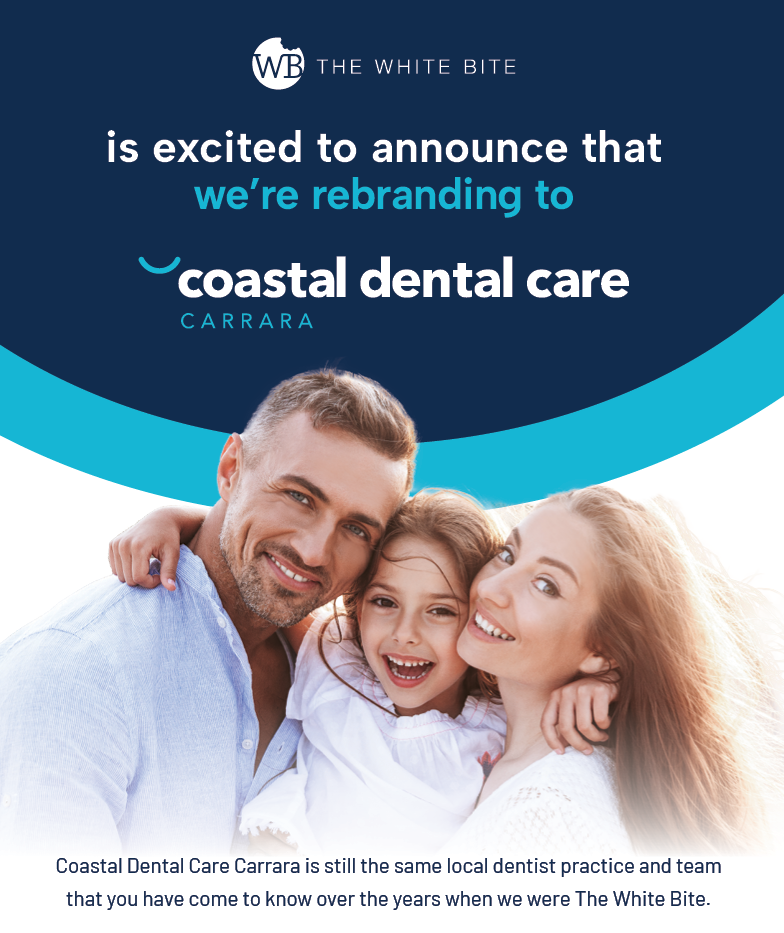Pregnancy influences the state of your body due to hormone changes. These hormone changes can also affect your teeth and oral health. The increase in hormone levels effects how your body deals with plaque. Plaque is a layer of bacteria that naturally builds up on your teeth after you eat, drink or haven’t brushed your teeth for a while.
During pregnancy, many women are more prone to developing gum disease. Morning sickness and vomiting can also increase the risk of tooth erosion. So how can you protect your teeth during this stage of your life? Our dental team summed up 5 oral health tips for pregnant women.
Change your diet during pregnancy
During pregnancy it is important to know the demands of your growing baby and this should influence your food choices. Aim for a nutritious mix of fruits, vegetables, grains, lean meats and calcium-rich products.
The increase in calcium intake is important because your baby will require a lot of calcium to grow and it will also protect your own bone mass. This means you will have to increase your consumption of foods rich in dietary calcium such as cheese, milk, soy products and unsweetened yoghurt.
A diet rich in vitamin D can furthermore help your body to utilise the calcium. Good vitamin D sources are eggs, salmon, and cheese.
Try to reduce the consumption of sugary snacks and if you have sugar cravings, try to have the snack with one of your main meals and drink plenty of water afterwards.
Stick to a good oral hygiene routine
Due to the increased hormone levels, your body may be weaker in naturally defending your teeth from plaque build-up. You can stay on top of your oral health by brushing your teeth at least twice a day for a minimum of two minutes.
Choose a toothbrush with soft bristles to protect your gums. Make sure to floss once a day as well to remove food leftovers that are stuck in between your teeth or in between teeth and your gumline.
Some women also experience the urge to retch when they are brushing their teeth. If you don’t brush your teeth, however, you risk an increase in plaque build-up and decay. It can help to use a smaller toothbrush. Feel free to ask your Coastal Dental Care dentist for one of our kid’s toothbrushes. Try to distract yourself by focussing on something else while brushing your teeth. You can try watching TV, standing on one leg, or listening to music.
Protect your teeth after morning sickness
Many women experience morning sickness, vomiting, or an acid reflux at some stage during pregnancy. All these lead to an increase of stomach acids and higher acid levels in your mouth and around your teeth. This can damage your tooth enamel and thereby increases the risk of decay.
The first natural reaction after vomiting is the urge to brush your teeth to get rid of the acidic taste in your mouth. Brushing your teeth right after vomiting while your teeth are covered in stomach acids, however, may damage your weakened enamel layer.
Make sure to wait with brushing your teeth for at least 30 minutes. Immediately after vomiting, you should rinse your mouth with water. You can then repeat rinsing it using mouth wash. This helps reduce the acid levels and will also get rid of the bad taste in your mouth.
You can also chew sugar-free chewing gum to increase your saliva production and to reduce the acid levels in your mouth.
In addition, you can smear a little bit of a fluoridated toothpaste on your teeth. This will support strengthening your weakened enamel layer and protect your teeth.
Check on your gum health
The risk of developing gum disease is higher during pregnancy due to the hormonal changes in the body. Signs of gum disease include bleeding gums, red or swollen gums, and bad breath. Pregnant women are more likely to develop gum inflammation (gingivitis). This shows mainly as swollen and bleeding gums.
Tell your dentist during your preventative visit about any gum problems you may be experiencing. They will be able to give you advice on how to protect your gums during pregnancy.
It is also essential to stick to a good oral hygiene routine including brushing and flossing to keep your gums healthy during pregnancy.
Visit the dentist
Visiting the dentist is important during pregnancy and make sure to let your dentist know you are pregnant. A check-up and clean will help remove built-up plaque you can not remove with a toothbrush. Your dentist will also be able to check for signs of gum disease and tooth erosion.
Your dentist will consider your pregnancy during your visit. Especially in the first three months of pregnancy, some procedures such as x-rays and medications should be avoided. Your routine dental visit, however, won’t be affected by this and is safe.
Ask our Coastal Dental Care Dentists
Our dentists know about the special circumstances that come with pregnancy. If you have any questions or would like more information, contact one of our locations today.


